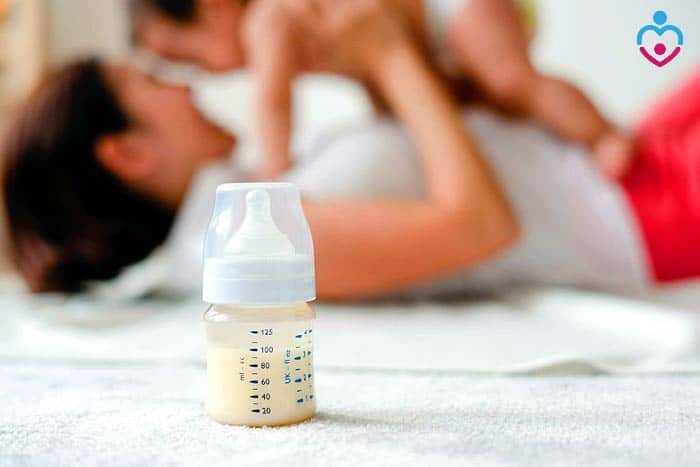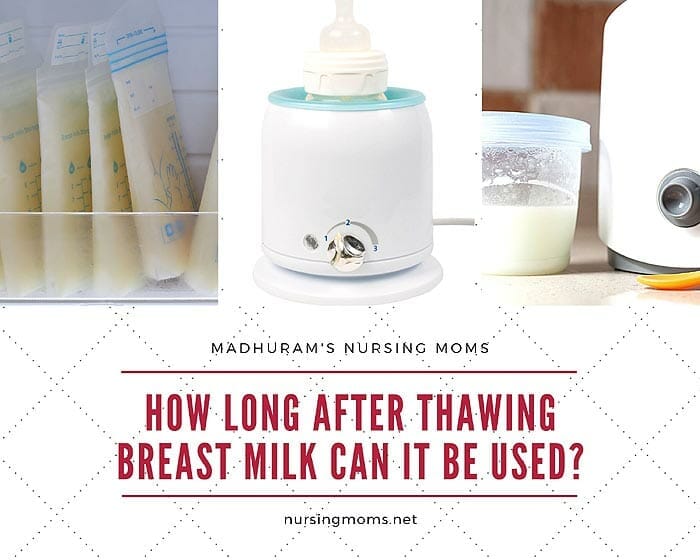
If you are breastfeeding regularly, you will have to adapt your pumping schedule to your breastfeeding schedule. This can be a challenge for new mothers, and it also depends on different factors, such as how often your baby eats and how much they eat at a time.
When to pump if breastfeeding every 2 hours?

If your baby is a newborn, they will eat every two hours, and, in this case, you might not have to pump at all. Ideally, you will just synchronize this breastfeeding timing so well with your breastmilk that pumping will not be necessary.
However, we understand that life doesn't always work in such ideal ways. So, some situations might require you to still pump even if you breastfeed your little one every two hours.
If you want to store breastmilk for future meals, pumping will be a must. In this case, you should try pumping in the morning after you feed your baby. Most mothers discover that they have a better breastmilk flow as soon as they wake up.
Since you are also breastfeeding during the night, though, this strategy will not give you supplies for more than 2-3 meals in advance.
As a thumb rule, you should always pump as soon as your newborn is done eating. Usually, they do not finish all your breastmilk in one meal when they are so little, so it is wise to pump what is left and store it. When your baby eats less frequently, you will be able to pump more milk and store it.
But this will happen after they are one month old and for some babies, 2 months old.
Standard Pumping Schedule Guidelines

A standard schedule you could follow when you want to alternate between pumping and breastfeeding would be as it follows:
- Pump right after the first meal of your baby in the morning. Considering they eat every two hours, this would be very early. Breastmilk supply is increased in the morning.
- Keep nursing your little one every two hours. Sometimes they might eat every three hours, so if they seem to take a longer nap, there is no need to wake them up.
- If your baby seems to take a more extended break between meals, pump right after you feed them. If they keep frequently eating such as every two hours, you will have to limit your pumping to morning and evening. This will still leave enough breastmilk supply for nursing them. So, the second pumping session should be right before you go to bed after you fed your baby.
- Avoid pumping during the night. When you sleep, your body produces breastmilk more. If you interrupt this process, you will get very little milk when pumping. Nursing your baby is enough stimulant for your breasts during the night hours.
An important aspect regarding pumping is to maintain the same schedule for it every day. In time, your body will learn this schedule and adjust to it so you will not run out of milk supply.
Also, keep in mind that experts in lactation recommend starting pumping 2 weeks after giving birth. Breastfeeding should also come first, when possible.
But as we mentioned, this would be the ideal case, which is not always possible for mothers.
![]()
Key References
- "Baby's Breastfeeding Schedule: How Often, Crying, Dehydration, and More". Accessed April 08, 2020. Link.
- "Breastfeeding vs. pumping: The pros and cons of each". Accessed April 08, 2020. Link.








Leave a Reply